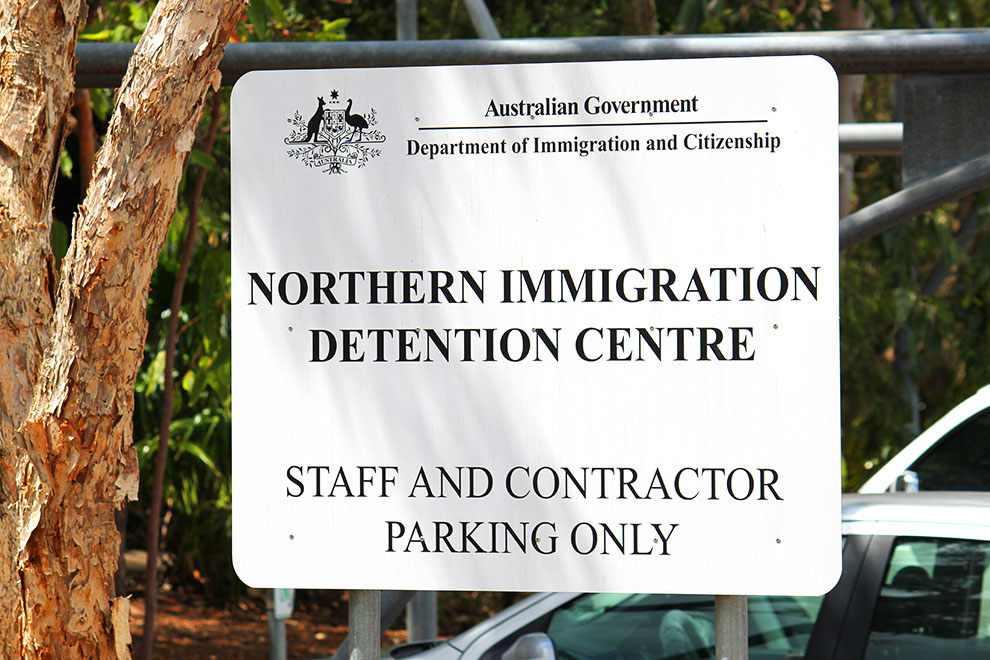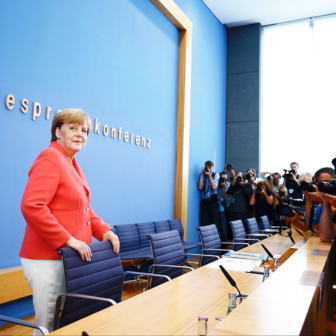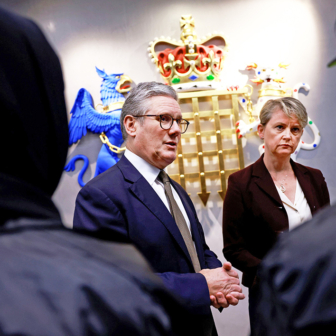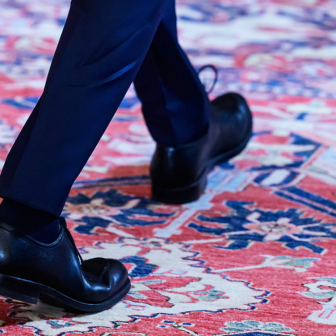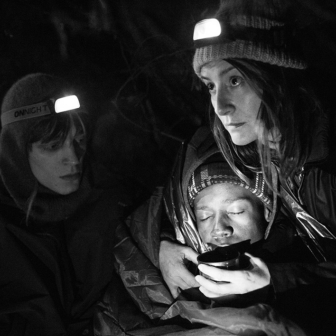In late June two sixteen-year-old Vietnamese asylum seekers were removed from their Adelaide home without warning and placed in closed detention in Darwin. The boys are among around 30,000 asylum seekers currently in Australia awaiting resolution of their protection claims. Many live without work rights, and many fear a forced return to detention or removal from Australia. The boys have escaped and are on the run, and their case has led fifteen other South Australian teenagers in a comparable situation to go into hiding, wary of a similar fate.
Why were the boys redetained? Was it to deter prospective asylum seekers, or to encourage those who are already here to withdraw their applications for refugee status? The only explanation was a notice they received from their official guardian, Scott Morrison: “The Minister for Immigration and Border Protection has made a decision that your residence determination is no longer in the public interest.”
Experts in this field don’t believe that the punitive treatment of the 30,000 is a worthwhile deterrence measure. During a high-level roundtable at Parliament House convened by the Andrew & Renata Kaldor Centre for International Refugee Law, Australia21 and the Centre for Policy Development in July, some of Australia’s most experienced policy-makers and stakeholders agreed unanimously that inflicting further cruelty on those who are currently on Australian shores will not succeed in deterring the people-smuggling enterprise or those who are desperate enough to attempt the journey. These people should be processed expeditiously, fairly and generously, using a range of migration pathways.
Securing this level of agreement at the roundtable was highly significant. The group around the table represented a diverse range of viewpoints on this issue, including the Labor Party, the Liberal Party and the Greens, as well as a former Indonesian ambassador to Australia, a strategist from Malaysia, the UN High Commissioner for Refugees’ former assistant commissioner for protection, former senior immigration and defence department officials, former immigration minister Ian Macphee and retired chief of the defence force Chris Barrie, academics and representatives from the churches, refugee advocacy groups and civil society more broadly, including Expert Panel member, Paris Aristotle.
Australia should raise its humanitarian migration quota to at least 25,000 persons annually, participants agreed, and perhaps peg the figure at a fixed percentage of the annual migrant quota. Doing so would not only ameliorate the 30,000-strong legacy caseload but also help to reduce the refugee burdens of our regional partner countries. While these people are being assessed (and it is recognised that this cannot happen overnight) people in community detention should be able to apply to work and support themselves, and above all must be treated in a humane and dignified manner.
The issue of humane treatment of the 30,000 was a key focus for the roundtable, and sudden redetention of the Vietnamese asylum seekers underscores the urgency of this question. According to Max Opray’s report in the Saturday Paper, the two boys had arrived in Australia by boat in March 2011, and after seventeen months of mandatory imprisonment on Christmas Island and in other Australian facilities were moved into community detention in Adelaide. They had settled in and were attending school. Our group of experts recognised that while Australians may be nervous about unauthorised migration and want reassurance that migration intakes will be managed carefully, this does not justify the harsh or unfair treatment of those who are in our care.
Participants also acknowledged that Australia’s current treatment of asylum seekers can have a deleterious impact on human capital, potentially depriving the Australian economy of valuable long-term contributors. Studies have shown that refugees are a young, enthusiastic and entrepreneurial cohort, and that the Australian community will embrace them for it. The case of the two Vietnamese asylum seekers is a perfect example of this: the boys were working hard in year 10 and year 11, playing competition soccer and daring to hope that they could become permanent Australians. Their school community has launched an online petition calling for their return, and the Bring Our Boys Back Home campaign has received international media coverage and more than 12,000 signatures to date.
Roundtable participants agreed that recent policies have debased Australia’s reputation as an international citizen and that the current policy response is ignoring the complexity of the ongoing global challenge of forced migration and the need for Australians to better contribute to the protection of a growing number of vulnerable people.
Our group of experts understood that there is no silver-bullet solution to this complex issue. The best we can do as responsible members of a world community is to evolve and share with other countries in our region a plan to manage people flows in ways that are respectful to countries like Indonesia and Malaysia and help ameliorate their refugee problems as well as ours.
To achieve this, the roundtable agreed to support the development of two ongoing Track 2 Dialogues – unofficial conversations among interested parties outside government. These are designed to complement and enhance the official activities in this field. The first dialogue series would build a new network of influential thinkers and policy-makers in key countries in our region, some of which are transit countries for refugees hoping to come to Australia and some of which are countries of origin of people being displaced or threatened. The second dialogue on which we are collectively embarked is with the Australian community.
Much of this work will require long-term consultation and negotiation. In the short term, however, the answer is simple: the treatment of asylum seekers already within Australia must immediately change for the better, as the lives of 30,000 vulnerable people and the future strength of the Australian community depend on it.
• The background discussion paper for the roundtable, “Beyond Operation Sovereign Borders: A Long-Term Asylum Policy for Australia” is available online, with a full report on the roundtable to be released later this year.
